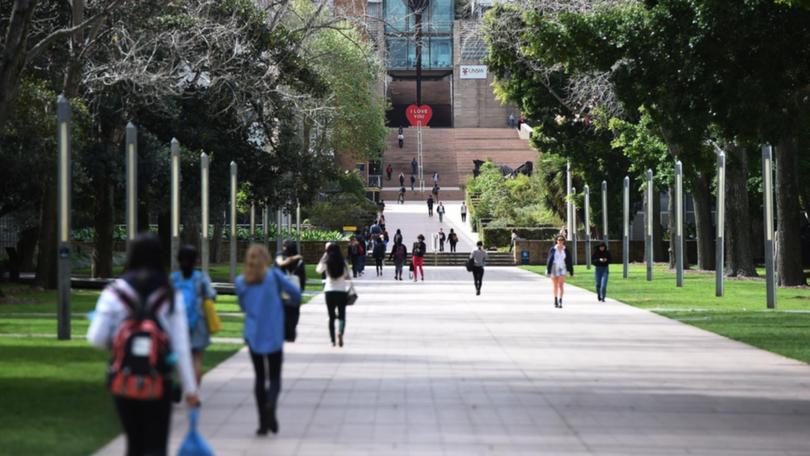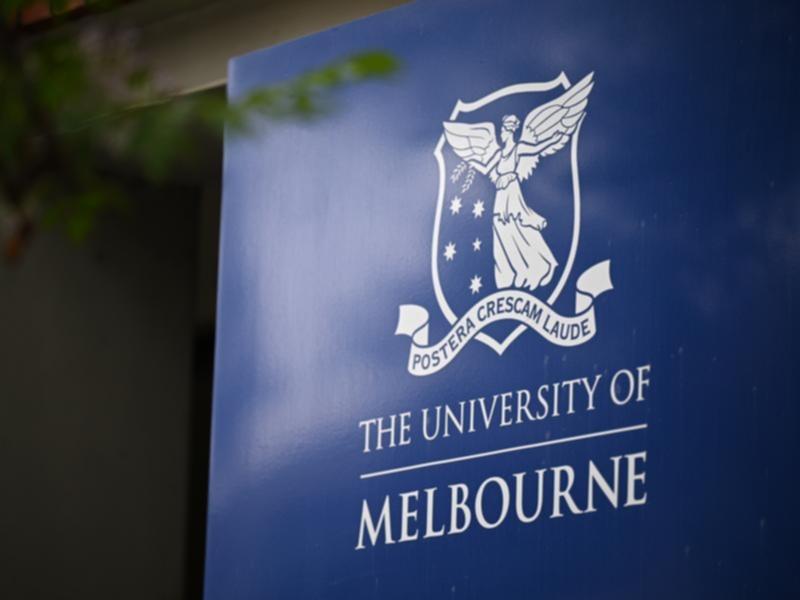Top Australian Universities revealed as peak body labels the Albanese Government student cap ‘policy chaos’
Three Australian universities have scored a top 20 result in a global ranking, as the head of Universities Australia labels the government's international student cap proposal "policy chaos" with significant ramifications.

Only three Australian universities have appeared within the top 20 in the list of top global universities amidst fears that government crackdowns could impact the industry’s viability.
The University of Melbourne continues to be the highest-ranked Australian institution, climbing one spot to 13th in the world according to the 2025 Quacquarelli Symonds (QS) rankings

Sign up to The Nightly's newsletters.
Get the first look at the digital newspaper, curated daily stories and breaking headlines delivered to your inbox.
By continuing you agree to our Terms and Privacy Policy.The University of Sydney achieved its highest-ever position in the latest global rankings., moving up to 18th place, narrowly surpassing the University of NSW, which is now 19th.
Other Australian universities making the top 100 included Australian National University scoring 30th, Monash University in 37th place and The University of Queensland at equal 40th.
The University of Western Australia fell back five places to 77th globally and The University of Adelaide placed 82nd.
The University of Technology Sydney is the only other NSW university in the top 100, advancing from 90th to 88th place.
For the 13th year in a row, the Massachusetts Institute of Technology (MIT) in the US has held the top position in the QS rankings.
Imperial College London and the University of Oxford secured the second and third spots, respectively, with Harvard University and the University of Cambridge completing the top five.
The results come as one Universities Australia chief executive Luke Sheehy says the government’s international student cap is driven by polling numbers rather than economic benefits.
Mr Sheehy will deliver a damning speech outlining why the Albanese government’s plan to reduce international student numbers will hinder rather than strengthen the nation.
“The current policy approach to international education is anything but cohesive – it is policy chaos,” he will tell the Independent Tertiary Education Council Australia symposium on the Gold Coast on Wednesday.
“This bipartisan attack on international students is short-sighted and politically expedient.”
The government introduced changes to parliament that would set a maximum number of international students able to enrol at universities each year which would only be lifted if more student accommodation is built.
The plan was delivered under the guise of shoring up more housing for Australians.
“We have to ensure that we manage the international education industry in a way that delivers the greatest benefit to Australia,” Education Minister Jason Clare said last month.
But Mr Sheehy believes the latest crackdown is to neutralise an election battle over the argument migration is the cause of the housing crisis.
He will contend education is Australia’s fourth largest export - contributing $48 billion to the economy - with international students accounting for more than half of the country’s fiscal growth in 2023.
There are already concerns there will be a $500 million economic shortfall in 2024.
Mr Sheehy attributes it to a rise in visa cancellations as a result of last year’s student visa changes - which limited weekly work hours, increased the required savings when applying and stopped students shifting between courses in the first six months of arriving.
He will blame the university system’s reliance on international students on a decade of policy changes that have decreased domestic student numbers with COVID-19 only exacerbating the problem.
The consequences of the proposed cap will be cuts to research funding and up to 4500 jobs at universities.
Mr Sheehy will argue any limits will also have a broader impact on the Australian life - lowering export revenue funding essential services such as Medicare and defence and decreasing jobs in sectors like retail, tourism and accommodation.
“Is now really the time to water down a major export industry?” Mr Sheehy asks.
To blame housing affordability and availability on the number of international students would be ignoring the benefits of the cohort, Mr Sheehy will say.
“Other factors, not international students, are to blame,” he will say.
He will call on both sides of government to reconsider the implications of introducing a student cap on a thriving economic contributor that would be hampered by short-term politics.
“Let facts and data guide the debate and decision-making, not ideology or wishful thinking,” Mr Sheehy will say.
